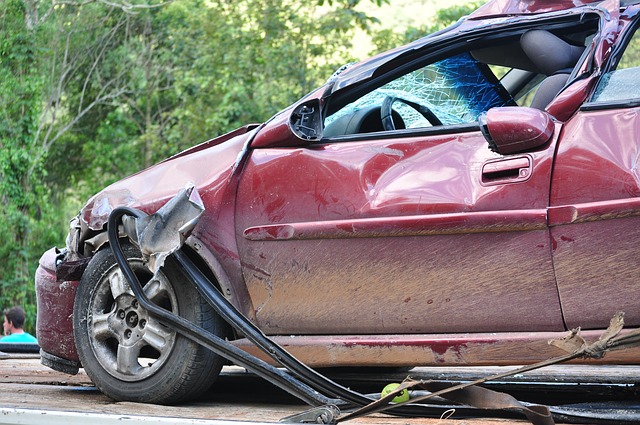It’s unfortunate, but car accidents happen—even to the best drivers. You can be the most careful and law-abiding driver in the world. But some others might not be, and they can end up causing damage to your car or you. To make matters even worse, sometimes the driver is uninsured or they flee the scene of the accident before you can talk with them. So, what should you if that happens?
Exchange Information
One of the first things—if not the first thing—to do when you get in an accident is to give the other driver your name, phone number, email, physical address, make and model of your vehicle, insurance company and policy number, and any other pertinent information that he or she needs regarding the incident. Even if the other driver doesn’t have insurance, you should collect as much of that information from them as you can. If the driver didn’t stop, collect the contact information of any witnesses who are nearby.
Record Evidence of the Accident
When you talk to the police, your insurance company, or file a claim, you will need evidence to back up what you are saying, so as soon as you are safe, start documenting the crash. Take pictures of your car and the area surrounding you. You should also jot down what happened and any details about the other car, especially if it was a hit-and-run. The information about the other car is what the police will use to find the other driver, so be as thorough as possible.
Call the Police
You always have to call law enforcement after an accident, regardless of the circumstances. However, when a driver does not have insurance, that is especially essential. A police officer will take your statements and open a police report, which will be crucial in getting the proper settlement from your insurance or the other driver. If it was a hit-and-run, they will collect all the information they can about the other car and start searching for the driver.
Make Sure You’re Alright
When the police officer asks whether you’re okay, you should be honest. If you need an ambulance, be upfront with it; do not merely say that you’re okay. You want to make sure that you receive first aid as quickly and efficiently as possible. And if you did incur an injury, it will be important for you to get it properly checked out by a medical professional to make sure that you heal properly. You will also be able to prove that your injuries came from the accident, so you can receive compensation for your treatment.
Call Your Insurance Company
Being in an accident with uninsured motorists requires filing uninsured driver claims with your insurance company. What your insurer would be able to do depends on the type of coverage you have and the amount of damage on your vehicle, among other factors. If you have uninsured motorist protection—which covers both vehicular and bodily harm—your insurer should be able to cover you.
On the other hand, if you don’t have uninsured motorist protection, your insurance might not be able to cover all the repair expenses. Either way, your insurer can still discuss options with you. It may be a good idea to retain a lawyer. According to Page Law, you may need a personal injury lawsuit in order to receive compensation, even if the driver is convicted of a hit-and-run.
Once you follow the aforementioned pointers, you’ll find out that the entire affair is a lot less stressful. Although it is never fun to be involved in a collision—especially with an uninsured driver—there are always methods of making it so much easier to deal with.
